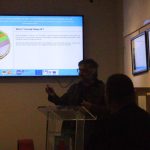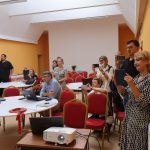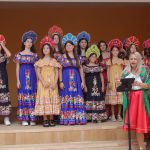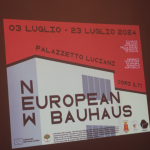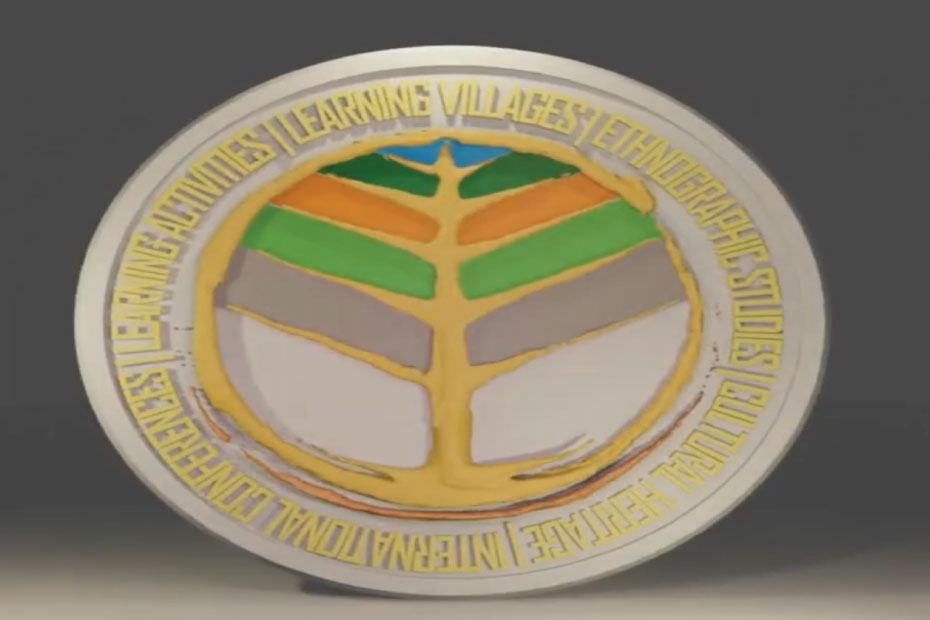LVIN will work in all call objectives through education, lifelong learning, strategic planning, and exchanging of good practices:
- To promote exchanges between citizens of different countries;
- Virtual meetings and presential international meetings offer the opportunity to little villages civil servants and citizens, usually limited to local environments, to work on the internationalization of their villages and themselves;
- To give citizens the opportunity to discover the cultural diversity of the European Union and to make them aware that European values and cultural heritage constitute the foundation for a common future;
- We understand Cultural heritage (mainly Intangible Cultural Heritage -ICH-) as a tractor element to generate rural development and cultural dynamism, reinforce community, enhance Local and European Identity, and fight against depopulation. This is fundamental to attracting new residents and offering opportunities to local youth. We search and analyze best practices cases and models on creative and innovative cultural and natural heritage management to transfer and inspire towns with similar challenges;
- To guarantee peaceful relations between Europeans and to ensure their active participation at the local level;
- European active citizenship and participatory democracy are one of the axis and programs of the project. ICT will be implemented to increase community participation;
- To reinforce mutual understanding and friendship between European citizens;
- Studies, conferences, transnational meetings, educational programs will make participants deepen in understanding cultural specificities and diversities of the participant towns (e.g. ethnic groups such as Vlachi and Karagounides in Farkadona, different languages in Spain);
- To encourage cooperation between municipalities and the exchange of best practices;
- This is one of the main objectives of the project. Encouraging further twinings and getting inspiration from best practices to confront common challenges provoked by common demographic fragilities under the focus of the application of the EU Charter of Fundamental Rights;
- To support good local governance and reinforce the role of local and regional authorities in the European integration process.
Education in public accounts, participatory budgeting, improving communication channels, citizen-local governments are specific objectives of LVIN. In these actions’ inclusion of diversity, gender equality, and intersectionality will be specially taken into account in order to support societies in their efforts to leave no one behind. LVIN will follow a bottom-up approach to focus more directly on these priorities:
- EU Charter on Fundamental Rights and Active European Citizenship. A gender approach and impact assessment will be privileged.
- Reflecting on the impact of the COVID-19 pandemic on the local communities and imaging creative solutions for pandemics management in rural towns.

